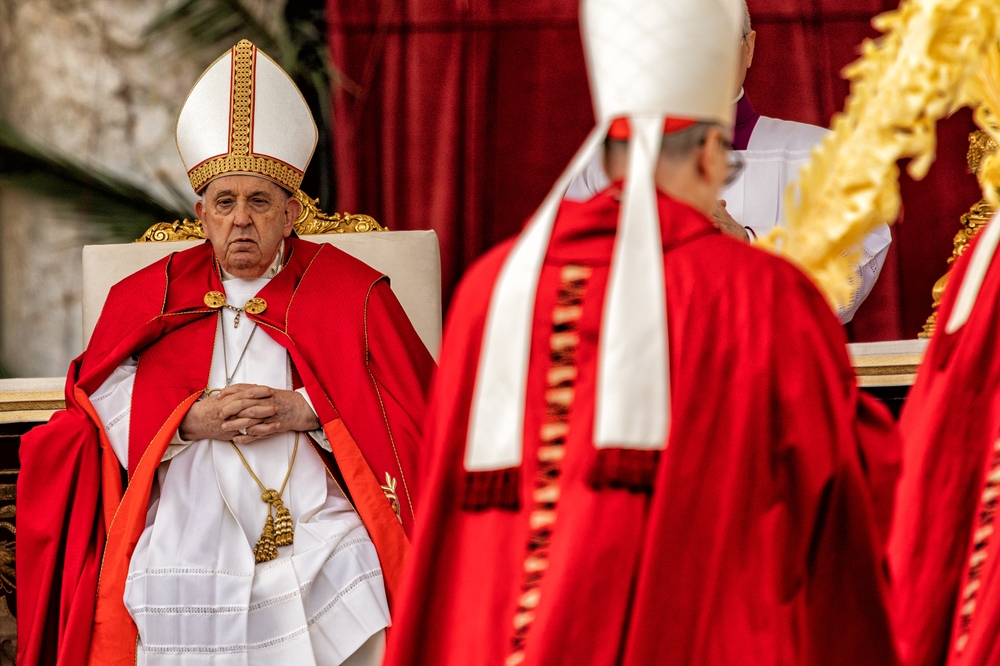Survivors of clergy sexual abuse are calling on the Vatican to expand its zero-tolerance policy, which was approved for the U.S. Catholic Church in 2002, to the rest of the world. Advocates argue that children everywhere deserve the same level of protection from predatory priests.
The U.S. norms, adopted during the height of the abuse scandal, mandate that a priest will be permanently removed from church ministry for even a single act of sexual abuse if it is admitted or proven under church law. This “one strike and you’re out” policy has been praised by some as a gold standard for addressing abuse, criticized by others as overly harsh, and viewed by many as an imperfect but necessary safeguard.
The policy emerged after the Boston Globe’s Spotlight investigation exposed widespread abuse and cover-ups in the Boston Archdiocese, prompting U.S. bishops to act swiftly to regain public trust.
With the abuse scandal now a global crisis, survivors worldwide are advocating for the Vatican to adopt the U.S. norms universally. They argue that the Holy See’s prior approval of the policy for the U.S. demonstrates its feasibility. “Despite Pope Francis’ repeated calls for zero tolerance on abuse, his words have yet to lead to any real action,” said Gemma Hickey, a transgender survivor and president of the global survivor network Ending Clergy Abuse.
The proposal for global application was formally launched at a press conference. It was the product of a historic June meeting in Rome between survivors and senior Catholic officials specializing in safeguarding and abuse prevention. Participants included Rev. Hans Zollner, head of the church’s academic think tank on safeguarding; Bishop Luis Manuel Ali Herrera, the Vatican’s child protection advisory board No. 2; and Rev. Ulrich Rhode, dean of canon law at the Gregorian University. Diplomatic representatives from several countries also attended.
Notably absent, however, were representatives from the Vatican’s legal office, secretariat of state, or the Dicastery for the Doctrine of the Faith, which handles abuse cases globally and shapes church policies on canon law. This absence raised questions about whether the proposed policy changes would gain traction, given the U.S. norms only succeeded after U.S. bishops pressured the Vatican, driven by public outrage and insurance company demands.
Nicholas Cafardi, a U.S. canon lawyer and an original member of the U.S. National Review Board that advised on the 2002 norms, called the push for universal adoption a logical next step in combating abuse. “Once you have that law, you don’t have to worry about the bishops asking for it in country after country. It’s just the law,” Cafardi said. However, he noted that the U.S. norms remain in place only because U.S. bishops regularly request their renewal, a process he described as a systemic weakness.
Globalizing the policy faces significant hurdles. The Vatican has repeatedly emphasized “proportionality” in its sentencing for abuse cases, resisting one-size-fits-all approaches and considering cultural contexts in regions where abuse is less openly discussed. This approach has led to seemingly lenient punishments for confirmed cases of abuse, which in the U.S. would have resulted in permanent removal from ministry.
Despite these challenges, survivors continue to press for universal protections, underscoring the urgent need for consistent global standards to address a crisis that has shattered trust in the Catholic Church worldwide.
The clergy abuse scandal in the United States has led to over 3,000 civil lawsuits against the Catholic Church, resulting in settlements exceeding $5 billion since 2004, according to Franciscan Media. Notable settlements include the Archdiocese of Los Angeles agreeing to pay $880 million to 1,353 victims in October 2024, bringing its total payouts to more than $1.5 billion.
Additionally, the Diocese of Rockville Centre in New York reached a $323 million settlement with over 500 survivors in September 2024.
Your Story Deserves to Be Heard
Survivors of Catholic clergy abuse have been silenced for too long. If you’re thinking about taking the next step—or helping someone you care about—we invite you to explore our comprehensive legal guide that walks you through the process of filing a Catholic Church sexual abuse claim.
Filling out the form below is completely confidential. Our intake team will treat your story with the dignity it deserves and may connect you with a trusted partner attorney who’s helped other survivors take back their power.




